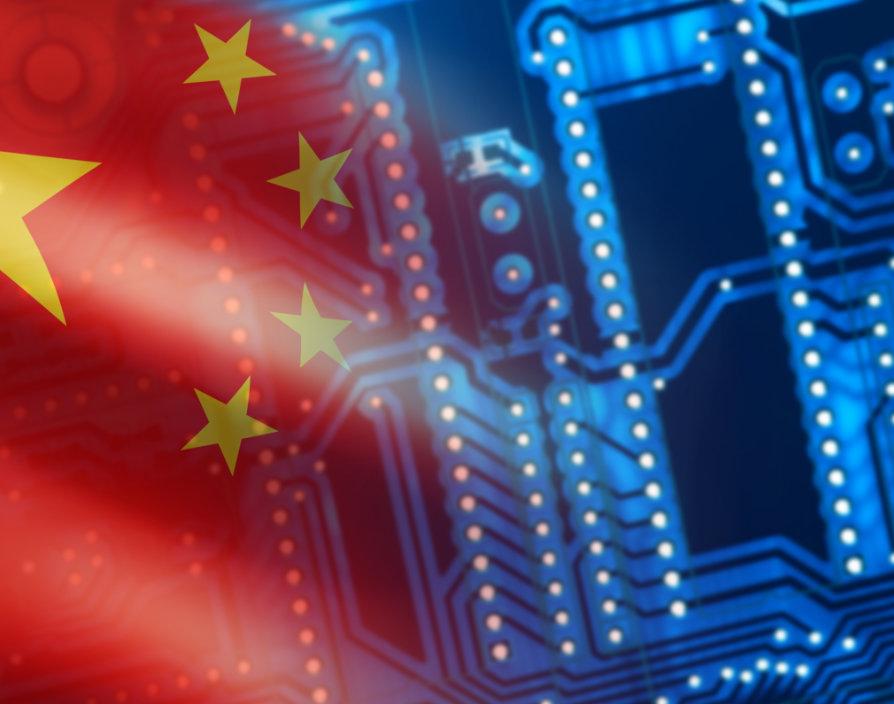Recently, cyber security has been in the news due to spy balloons and the UK and the USA designating Huawei as ‘high risk’. In March, the US Congress bipartisan committee looking into Chinese ownership of TikTok were unmoved by TikTok’s parent company ByteDance sharing details of a $1.5 billion project with Oracle Corp designed to safeguard data and content from its 150million American users from Chinese influence. Multiple government and legislative bodies have banned TikTok usage by its employees based on worries over profiling and tracing technologies. Fear of digital attacks is at an all-time high.
And the expansion of the Internet of Things (IoT) market isn’t helping. For example, while it may be convenient for consumers to have their household appliances connected to the Internet, if every washing machine in the UK switched on simultaneously, it could overload the National Grid while also causing a temporary water shortage. That kind of attack is not going to happen any time soon, but it’s something that those with responsibility for national security need to be across.
That being said, these new attack vectors have been widely known for a while now. Looking at the bigger picture, security is simply the tip of the iceberg; issues of power and money lie below. Cyber security is really about cyber politics and cyber economics. And we’re back to China.
A few decades ago, China became the world’s factory, developing its economy using cheap labour and a wealth of natural resources. The trade-off for cheap, innovative products has been a reduction in security. As standards became globalised, imports were less closely monitored.
However, China has now reached the stage of being an affluent country with a thriving middle class. In fact, they are now the largest single market in the world, making China less interested in the global economy.
As such, there is a move away from globalisation. Prices are rising and China is starting to dominate both economically and technologically. Feeling threatened, the Western world is seeking greater protection of its economy and technology.
The current Western concern around securing networks and devices will extend outward to cover the entire supply chain, and we will see a greater bifurcation of technology. We are already seeing it when it comes to things like semiconductors and applications – there is one set of technologies operating in the West, one in China, another in Russia, and so on.
This growing bifurcation of technologies and protection of national interests will likely lead to a slowing of innovation. We are already seeing tech giants cutting jobs in anticipation of things slowing down, readjusting the levels of investment that delivered the tech boom of the past two decades.
And with China no longer serving as the world’s factory, products will also become more expensive. Shifting manufacturing out of China will likely cause a lot of friction and disruption of supply chains in the near future. In the longer term, however, this shift may help rebalance job creation and wealth distribution, especially in developing regions like Africa.
So, the focus on China as a malicious security threat is somewhat of a distraction. The real battle is in military and economic power. Security, in this lens, is about protecting the entire supply chain in order to be able to protect national interests.
Share via:








































